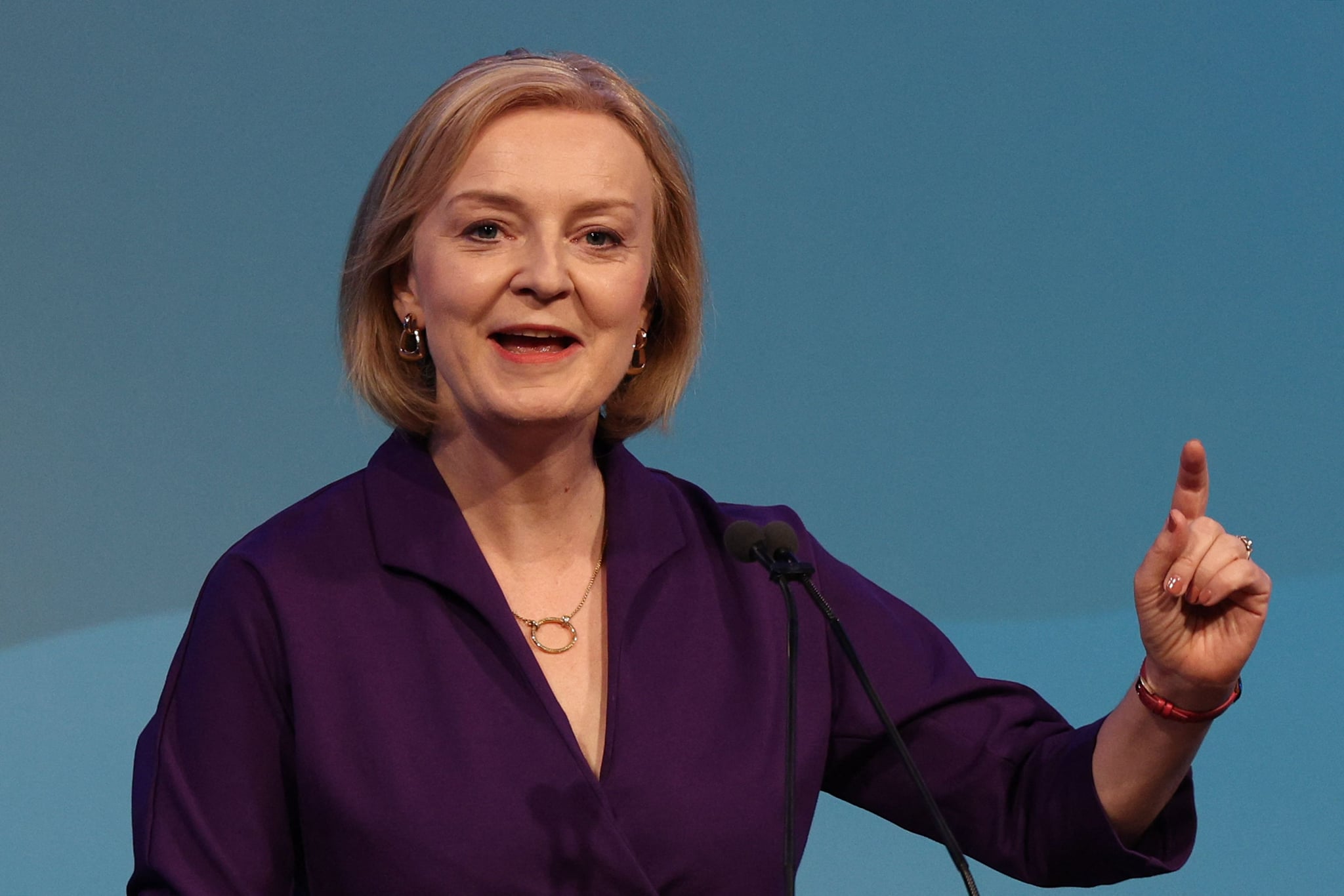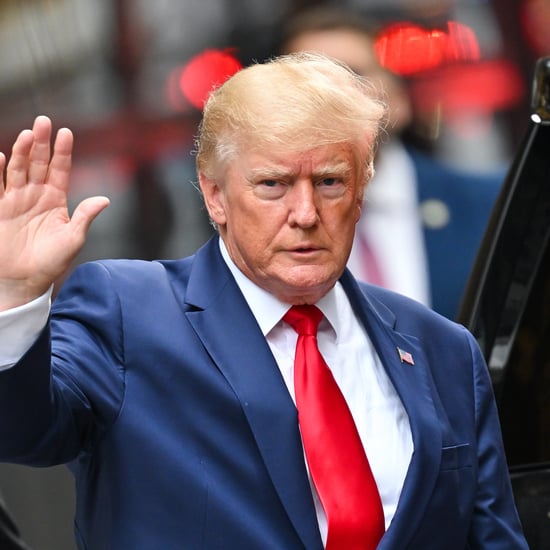Liz Truss Caps Household Energy Bills
Liz Truss Caps Energy Bills in Her First Major Move as Prime Minister

Liz Truss has announced that she is introducing a cap on energy bills in her first major move as Prime Minister. From the start of October, household bills will be capped at £2,500 and stay that way for the next two years. This comes in addition to the £400 Energy Bills Support Scheme introduced by Rishi Sunak, leaving the average bill to be at £2,100.
"This is the moment to be bold. We are facing a global energy crisis and there are no cost-free options," Truss addressed MPs in the House of Commons this week. Truss will fund the cap by reportedly borrowing tens of billions of pounds. However, the labour party argued the policy should be funded through a windfall tax on the huge profits of oil and gas providers, something Truss has dismissed. This has left opponents disputing the move, fearing the public will be left paying for the cap for years to come.
Truss became the UK's prime minister on 5 Sept., after being voted in as the leader of the Conservative Party. The former foreign secretary beat Sunak, the former chancellor, as party members chose her with 57 percent of the vote.
Following Boris Johnson's resignation on 7 July, despite winning a no-confidence vote earlier in the year, there had been fierce competition as potential candidates took part in a number of televised debates in order to outline their plans should they be awarded the top job. As the voting process slowly eliminated MPs from the race, Truss and Sunak were left as the final two after an eight-week long campaign.
Sir Graham Brady, chair of the 1922 Committee, announced Truss to be triumphant. Truss declared it an "honour to be elected" and also paid tribute to "my friend Boris Johnson", who she credited with getting Brexit done, successfully rolling out the vaccine programme, and standing up to Vladimir Putin.
Johnson and Truss travelled separately to Balmoral in Scotland on 6 Sept. to formally resign and be welcomed, respectively, to the queen. This is the first time a prime minister has gone to Balmoral, where the queen has been spending her summer, as the meeting usually takes place in Buckingham Palace. However, HRH's ongoing mobility issues have made travelling difficult.
Truss has been recruiting to form a new cabinet as she begins to tackle the devastating cost-of-living crisis gripping the country, supporting Ukraine in the ongoing war with Russia, and addressing the repercussions of COVID-19. She promised "immediate action" on the rising cost of energy bills and vowed to cut taxes and grow the economy.
Truss's speech also confidently outlined her bid to take the Conservative Party, which she declared the "greatest political party on Earth", to victory in the 2024 general election.

